The UK steel sector, which contributes 2.9 billion pounds directly to the national economy and supports over 90.000 jobs through its supply chains, plays a strategic role in ensuring the country’s economic resilience, supply security, and low-carbon future. In a statement, UK Steel said the industry is operating in a challenging environment due to high electricity prices and unfair global competition, noting that while the government’s 2.5 billion pound steel investment commitment is a strong start, further structural measures are urgently needed.
UK Steel’s six key priorities in its 2025 budget proposal:
1. Rebalancing electricity prices:
UK Steel called for the creation of a “wholesale electricity price rebalancing program” to align UK industrial power prices with those in low-cost EU countries such as France, and to protect producers from price volatility.
2. Increasing and retroactively applying the Network Charge Compensation Rate:
The association proposed raising the compensation rate for network connection costs from 60% to 90%, applied retroactively from April 2025, to help steelmakers remain competitive.
3. Removal of the Carbon Price Support (CPS) mechanism:
UK Steel argued that the UK’s higher carbon prices—compared with the EU—impose an unnecessary burden on industry. With the UK Emissions Trading Scheme (UK ETS) already in place, the additional “carbon price floor” should be abolished.
4. Deployment of the GBP 2.5 billion steel investment fund:
The organization urged the government to swiftly distribute the pledged GBP 2.5 billion fund across the entire steel sector—not just to major producers. The funding should support carbon-reduction projects, efficiency improvements, and capacity expansions throughout the industry.
5. UK-specific quota negotiations and a new national import system:
In response to the EU’s plan to halve its steel import quotas, UK Steel warned of severe risks to British exports and called on the government to negotiate country- specific quotas while implementing a UK-aligned import quota regime consistent with EU rules.
6. Maintaining the reduced landfill tax rate:
UK Steel opposed removing the reduced landfill tax rate, arguing it would increase industrial costs without delivering real environmental benefits. The association instead advocated for a smarter, risk-based regulatory approach to achieve environmental goals without undermining competitiveness.
UK Steel concluded that its 2025 budget submission represents a “critical opportunity” to build a competitive, sustainable, and green steel industry aligned with the UK’s long-term climate and industrial ambitions.


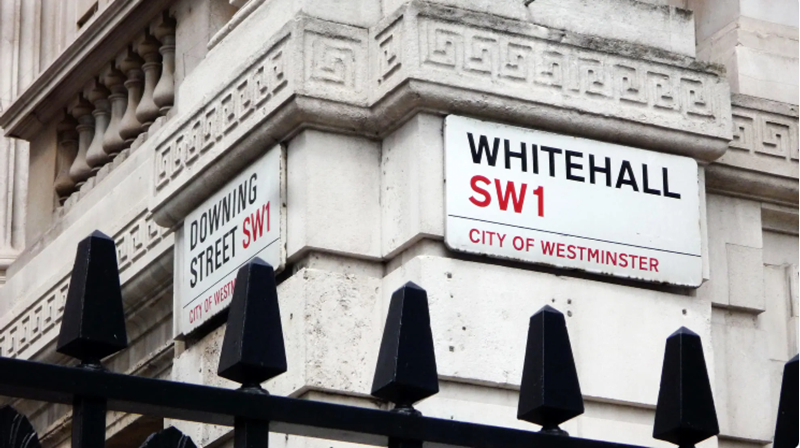

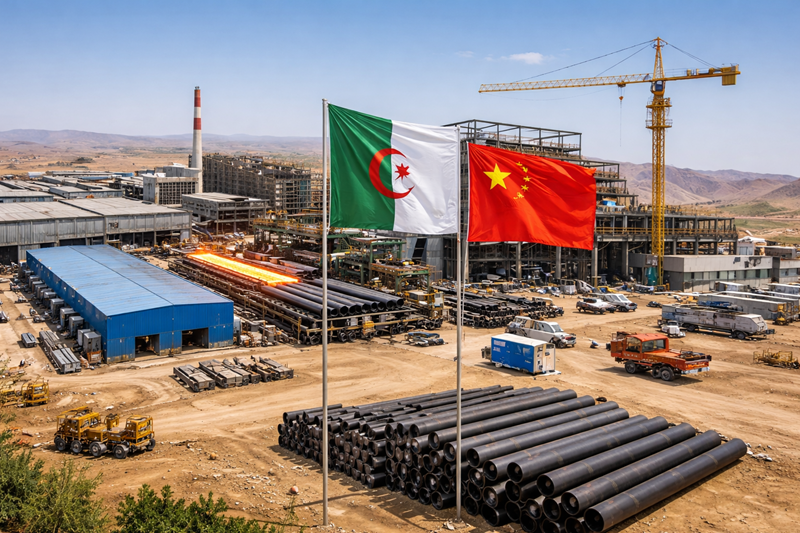
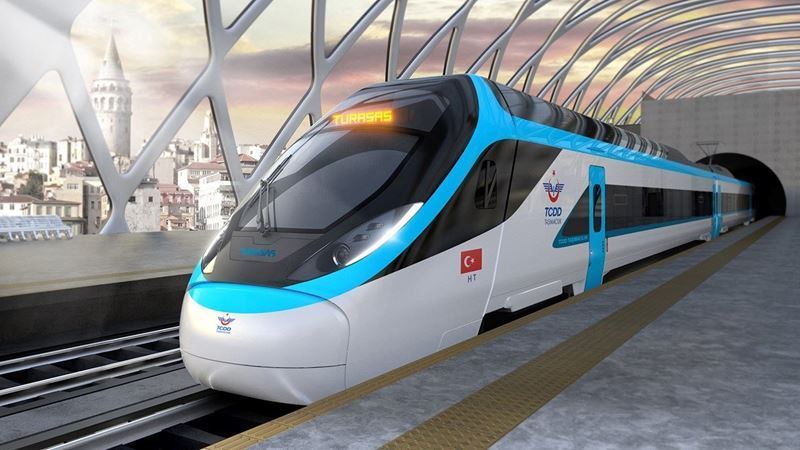
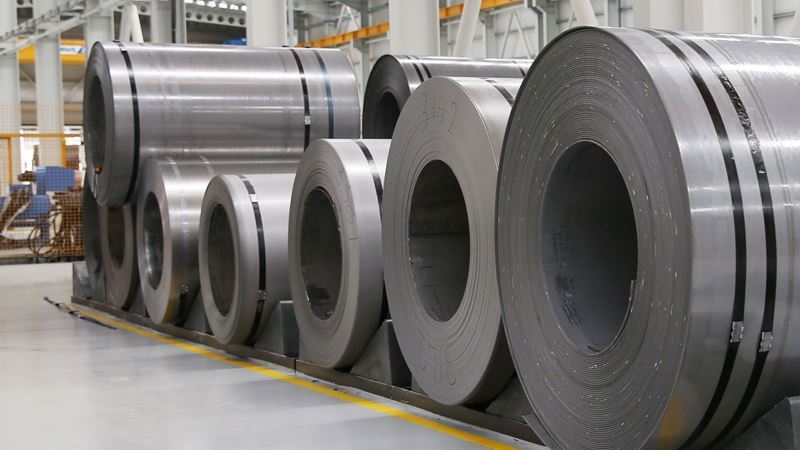

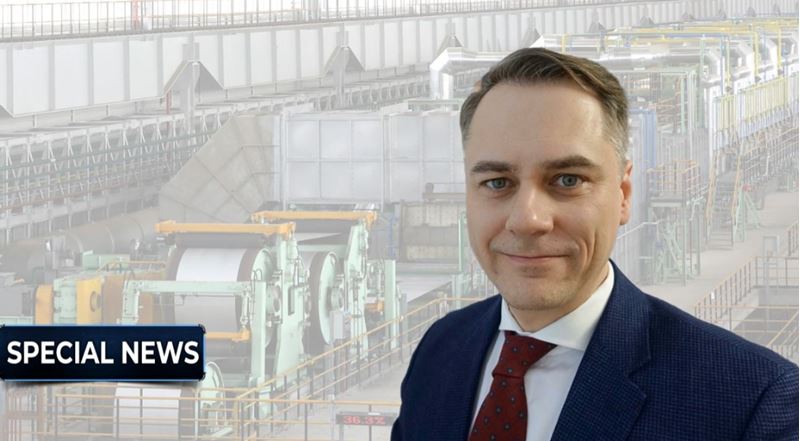


Comments
No comment yet.